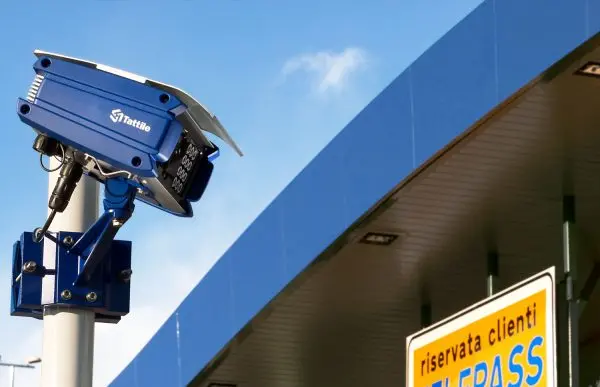As urban areas grow more congested and traffic law violations increase, cities and transportation agencies are seeking smarter, more effective tools to enhance road safety and law enforcement. Two technologies leading this innovation are automatic license plate recognition (ALPR) and enforcement cameras. These intelligent systems work together to detect traffic violations, manage congestion, and ensure compliance with traffic regulations—all while improving public safety and operational efficiency.
What Is Automatic License Plate Recognition (ALPR)?
Automatic license plate recognition, commonly referred to as ALPR or ANPR, is a computer vision-based technology that captures and interprets vehicle license plate numbers in real-time. This system utilizes high-resolution cameras and advanced software to identify vehicles automatically as they move through designated zones like intersections, toll booths, parking facilities, or restricted areas.
How ALPR Works
-
Image Capture: Cameras capture high-speed images of vehicles.
-
OCR Technology: Optical character recognition (OCR) reads the alphanumeric characters on the license plate.
-
Database Cross-Check: The captured information is compared with vehicle registration databases for identification or enforcement purposes.
Role of Enforcement Cameras in Traffic Monitoring
Enforcement cameras are surveillance tools that detect violations such as speeding, red light running, illegal turns, and use of restricted lanes. When integrated with ALPR systems, these cameras provide automated and unbiased evidence collection for traffic enforcement.
Types of Enforcement Cameras:
-
Red Light Cameras: Detect and photograph vehicles that enter an intersection after the signal turns red.
-
Speed Cameras: Measure vehicle speed using radar or lidar and record speeding violations.
-
Bus Lane Cameras: Monitor exclusive lanes to ensure compliance by permitted vehicles only.
Benefits of Integrating ALPR with Enforcement Cameras
-
Improved Traffic Law Compliance
Automatic detection and penalties discourage habitual traffic offenses. -
Reduced Accident Rates
Real-time monitoring and strict enforcement lead to more cautious driving behavior. -
Efficient Traffic Management
Data collected by ALPR and enforcement cameras supports traffic flow analysis and congestion reduction. -
Enhanced Public Safety
Authorities can use the systems to identify stolen vehicles or those involved in criminal activity. -
Cost-Effective Law Enforcement
Automated systems minimize the need for on-ground officers for traffic rule enforcement.
Conclusion
The integration of automatic license plate recognition and enforcement cameras is revolutionizing modern traffic systems. These technologies not only improve the efficiency and accuracy of traffic law enforcement but also contribute significantly to safer and smarter urban environments. As cities continue to expand, adopting advanced mobility and surveillance tools is no longer optional—it’s essential for a sustainable future in transportation.
FAQs
Q1: What is automatic license plate recognition used for?
A: ALPR is used to identify and track vehicles in real time for traffic enforcement, toll collection, parking management, and public safety.
Q2: Are enforcement cameras legal everywhere?
A: The legality of enforcement cameras varies by region. Many jurisdictions permit them for traffic enforcement, but some require visible signs or local legislation.
Q3: Can ALPR be used at night?
A: Yes, modern ALPR systems use infrared technology and high-speed imaging, allowing them to function accurately in low-light and nighttime conditions.
Q4: How accurate is automatic license plate recognition?
A: With current AI-powered software, ALPR systems boast high accuracy rates, often above 95%, especially when using high-resolution cameras and clean data inputs.
Q5: How do enforcement cameras work with ALPR?
A: Enforcement cameras capture images of traffic violations, while ALPR identifies the violating vehicle by reading its license plate, creating a seamless evidence chain for enforcement.




